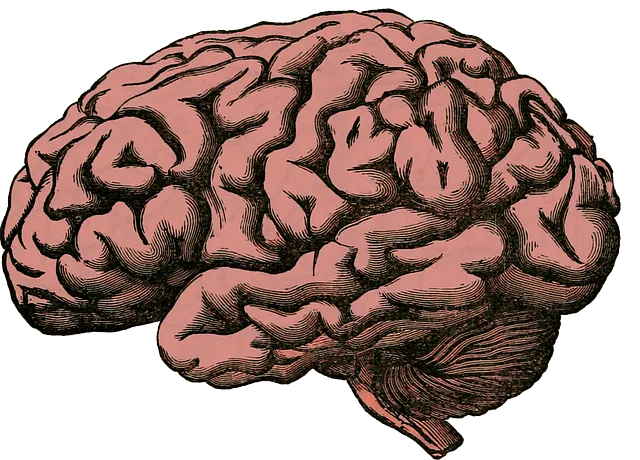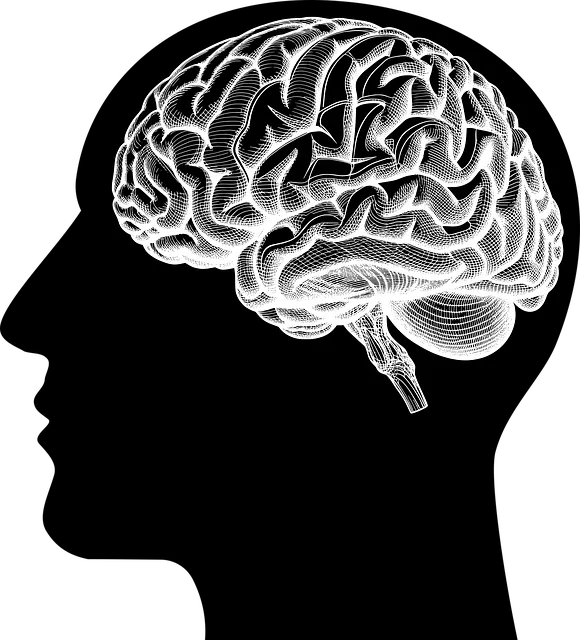The Kaiser Permanente Mental Health Facility in Northglenn focuses on mental wellness through innovative self-assessment tools for patients and healthcare providers. These tools aim to enhance treatment effectiveness, prevent staff burnout, and promote early detection of mental health issues. The facility integrates risk assessments, burnout prevention techniques, and open dialogue about mental wellness. Key components include mood regulation, stress management, emotional resilience, and coping mechanisms. Evidence-based practices like cognitive behavioral therapy (CBT) ensure accurate and reliable assessments. Usability and accessibility are prioritized for diverse users, with cultural sensitivity and language diversity also considered. Continuous improvement through regular updates ensures the tools remain current and effective.
At Kaiser Permanente Northglenn Mental Health Facility, the need for robust mental wellness self-assessment tools is more critical than ever. This article delves into the development of these essential resources, exploring key components and evidence-based practices to enhance assessment accuracy. We discuss usability, accessibility, and continuous improvement strategies to ensure long-term impact. By integrating best practices, we aim to empower individuals at Kaiser Permanente Northglenn to take charge of their mental health through informed self-assessment.
- Understanding the Need for Self-Assessment Tools at Kaiser Permanente Northglenn Mental Health Facility
- Identifying Key Components of a Comprehensive Mental Wellness Self-Assessment
- Incorporating Evidence-Based Practices in Developing Assessment Tools
- Usability and Accessibility Considerations for Effective Implementation
- Continuous Improvement and Monitoring: Ensuring Long-Term Impact
Understanding the Need for Self-Assessment Tools at Kaiser Permanente Northglenn Mental Health Facility

At Kaiser Permanente Northglenn Mental Health Facility, recognizing the importance of mental wellness is paramount. The facility, dedicated to providing top-tier mental health care, has identified a crucial need for comprehensive self-assessment tools. These tools are designed to support both patients and healthcare providers in their journey towards improved mental health and well-being. By integrating self-assessment practices, Kaiser Permanente Northglenn aims to enhance the effectiveness of treatment plans and prevent burnout among its dedicated staff.
The importance of these tools lies in their ability to facilitate early detection of mental health issues, promote self-awareness, and empower individuals to take charge of their well-being. With a focus on both patient care and provider support, Kaiser Permanente Northglenn is implementing strategies such as risk assessment for mental health professionals, incorporating burnout prevention techniques into daily practices, and fostering an environment that prioritizes open dialogue about mental wellness. This proactive approach ensures that the facility remains at the forefront of mental health care, offering comprehensive solutions tailored to the unique needs of its patients and staff.
Identifying Key Components of a Comprehensive Mental Wellness Self-Assessment

When developing a mental wellness self-assessment tool, it’s crucial to identify and incorporate key components that encompass a holistic view of an individual’s psychological well-being. These tools, such as those used at Kaiser Permanente mental health facility Northglenn, should aim to assess not only symptoms but also the underlying factors contributing to one’s mental state. Firstly, consider incorporating sections on mood regulation, stress management, and emotional resilience, as these are foundational aspects of mental wellness. Assessing an individual’s ability to cope with stressful situations, maintain a stable mood, and recover from adverse events can provide valuable insights into their overall psychological health.
Additionally, integrating elements related to self-esteem, social connections, and coping mechanisms is essential. Tools might include questions that delve into one’s self-perception, relationships, and strategies for managing challenges. Enhancing these areas through a Self-Esteem Improvement mental wellness podcast series production can offer tailored support. By considering both the symptoms and the context in which they occur, developers can create a comprehensive assessment that aids professionals in providing personalized interventions, whether it’s Anxiety Relief through cognitive behavioral therapy or promoting healthier coping mechanisms.
Incorporating Evidence-Based Practices in Developing Assessment Tools

Incorporating evidence-based practices is a cornerstone when developing self-assessment tools for mental wellness at facilities like Kaiser Permanente’s Northglenn mental health center. These practices, backed by extensive research, ensure that the assessments are not only effective but also reliable and valid measures of an individual’s mental health status. For instance, tools could be designed to assess coping skills development, which is a crucial aspect of recovery. By integrating evidence-based techniques, such as cognitive behavioral therapy (CBT) principles, assessment tools can help individuals identify unhealthy thought patterns and provide strategies for healthier coping mechanisms.
Furthermore, effective mental wellness assessments should encompass communication strategies that foster open dialogue. Encouraging self-reflection through structured questionnaires or interviews allows individuals to articulate their feelings and experiences more effectively. Additionally, focusing on self-esteem improvement is integral to the process. Tools designed to boost self-awareness and encourage positive self-talk can empower individuals to take control of their mental health journey. These evidence-based practices collectively contribute to creating comprehensive assessment tools that support holistic mental wellness management, akin to the comprehensive services offered at Kaiser Permanente’s Northglenn facility.
Usability and Accessibility Considerations for Effective Implementation

The development of self-assessment tools for mental wellness must prioritize usability and accessibility to ensure their effective implementation at a facility like Kaiser Permanente’s mental health facility in Northglenn. These tools should be designed with an intuitive user interface, clear instructions, and consistent formatting to accommodate users from diverse backgrounds and abilities. Incorporating features such as adjustable font sizes, alternative text for images, and compatibility with assistive technologies is essential to ensure the tool is accessible to all, including those with visual or motor impairments.
Additionally, considering cultural sensitivity and language diversity is crucial. The self-assessment should be adaptable to accommodate different cultural contexts and languages spoken by the population served, ensuring that Trauma Support Services are culturally competent and inclusive. By addressing these usability and accessibility considerations, the Mental Health Education Programs Design can effectively empower individuals to take charge of their mental health through Self-Care Routine Development for Better Mental Health.
Continuous Improvement and Monitoring: Ensuring Long-Term Impact

The development of self-assessment tools for mental wellness is an ongoing process, much like the journey towards long-term recovery at a facility such as the Kaiser Permanente mental health facility in Northglenn. Continuous improvement and monitoring are essential to ensure that these tools remain effective and relevant over time. Regular updates and revisions can incorporate new research findings, changes in mental health policies, and evolving best practices, ensuring that users receive up-to-date guidance and support.
This ongoing cycle of development and evaluation is facilitated by various methods, including Communication Strategies, which promote open dialogue about mental health needs and preferences. Additionally, integrating feedback from users, healthcare professionals, and advocates through Mental Health Policy Analysis and Advocacy can help shape the tools to better address community concerns. Moreover, encouraging Self-Awareness Exercises as part of the assessment process allows individuals to gain deeper insights into their mental wellness, fostering proactive engagement in their care.
The development of mental wellness self-assessment tools tailored for the Kaiser Permanente Northglenn Mental Health Facility is a significant step towards enhancing patient care. By incorporating evidence-based practices and focusing on usability, accessibility, and continuous improvement, these tools can empower individuals to take an active role in their mental health journeys. This comprehensive approach ensures that the Northglenn facility provides up-to-date, effective assessments, ultimately improving patient outcomes and satisfaction within the Kaiser Permanente network.






